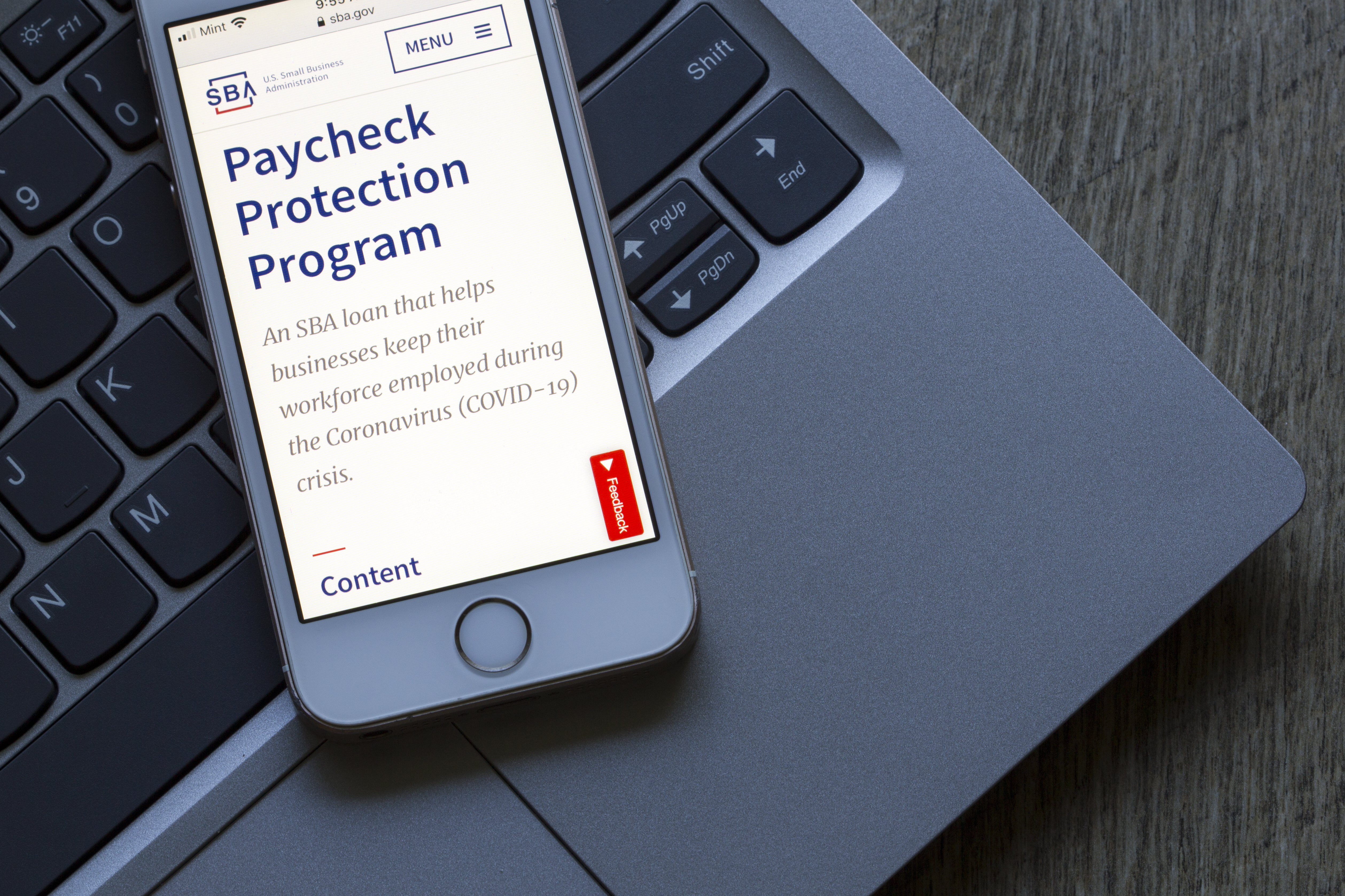The SBA began accepting new PPP applications on a limited basis last week through community financial institutions and as of today, the program is now open to all lenders.
Recent Posts
With the extended PPP loan application deadline behind us, many borrowers are anxious to start their loan forgiveness application to ensure that their loan funds are forgiven. Currently, borrowers have until 10 months after the end of the loan’s covered period to apply for forgiveness. At that point, if forgiveness forms have not been submitted, any borrowed funds officially become a loan that needs to be repaid.
The COVID-19 pandemic is impacting not only the way many businesses operate, but also how they assess productivity. How can you tell whether you’re getting enough done when so much has changed? There’s no easy, one-size-fits-all answer, but business owners should ask the question in order to adjust expectations and objectives accordingly.
The Coronavirus pandemic has changed life as we know it, almost overnight. Amidst unprecedented health and economic concerns, cybersecurity is likely the last thing on most people’s minds. Sadly, malicious attackers are capitalizing on the fear and uncertainty surrounding the pandemic to initiate new scams and cyber-attacks.
We are nearing the end of tax season, and one recent tax change could impact your business' bank account sooner than you think. In 2014, Massachusetts enacted a supplemental tax called the Employer Medical Assistance Contribution (EMAC), which is used to fund health insurance programs in the Commonwealth. In 2017, an Act Further Regulating Employer Contributions to Health Care was passed, temporarily changing the existing EMAC, creating a temporary supplemental contribution, and modifying the unemployment insurance rate schedule.
I help many of our clients manage their bookkeeping using QuickBooks, and I've found that regardless of the business type—recreation, manufacturing, technology—certain best practices apply across the board.
These five best practices are the fundamentals that I believe will keep your bookkeeping environment organized, efficient, and accurate:







